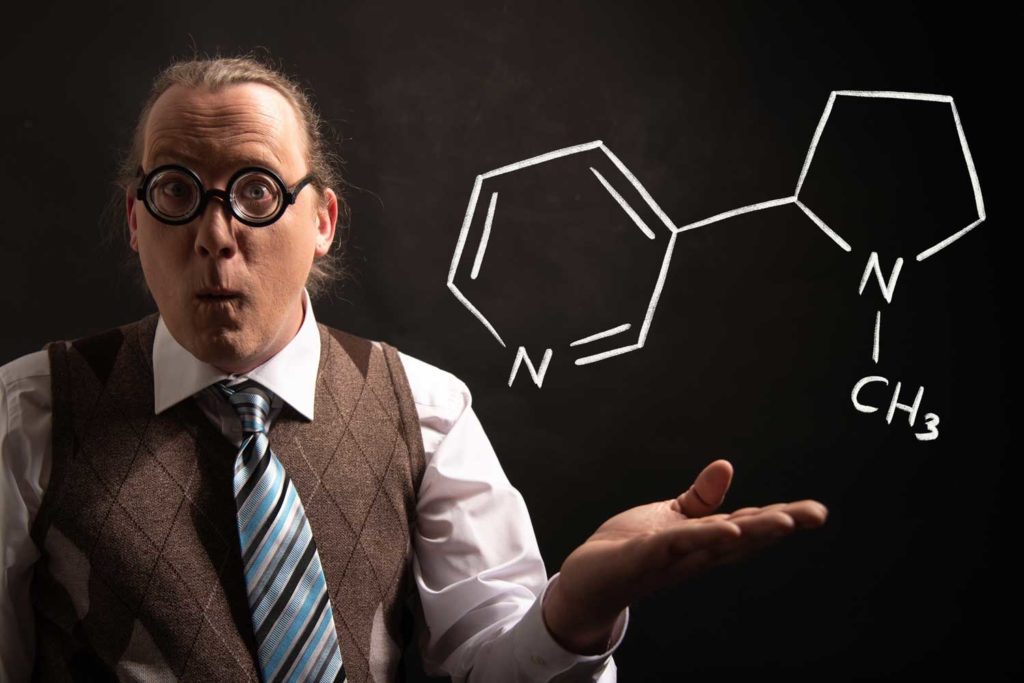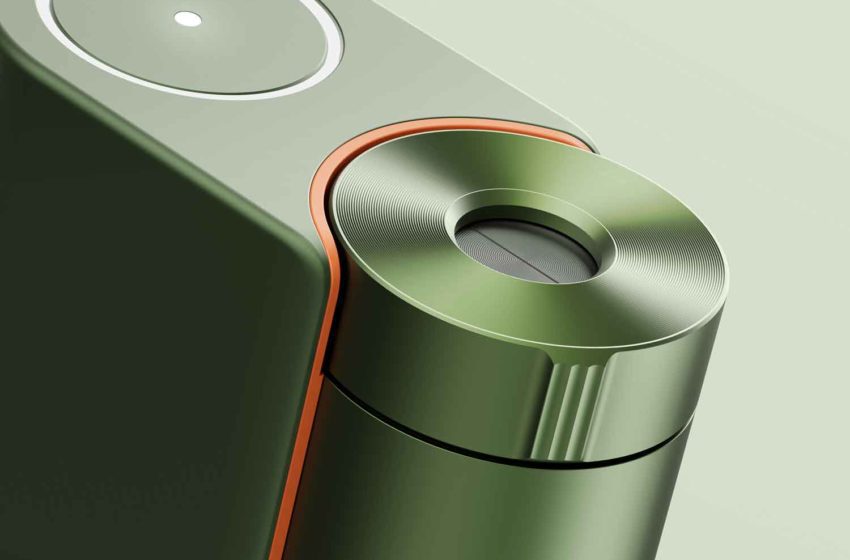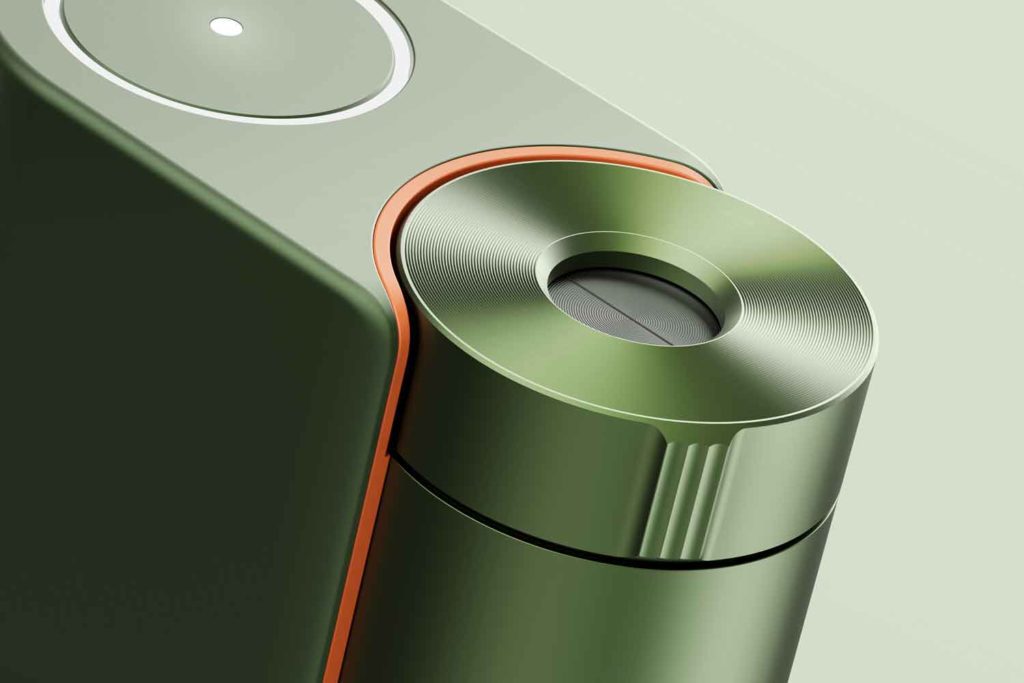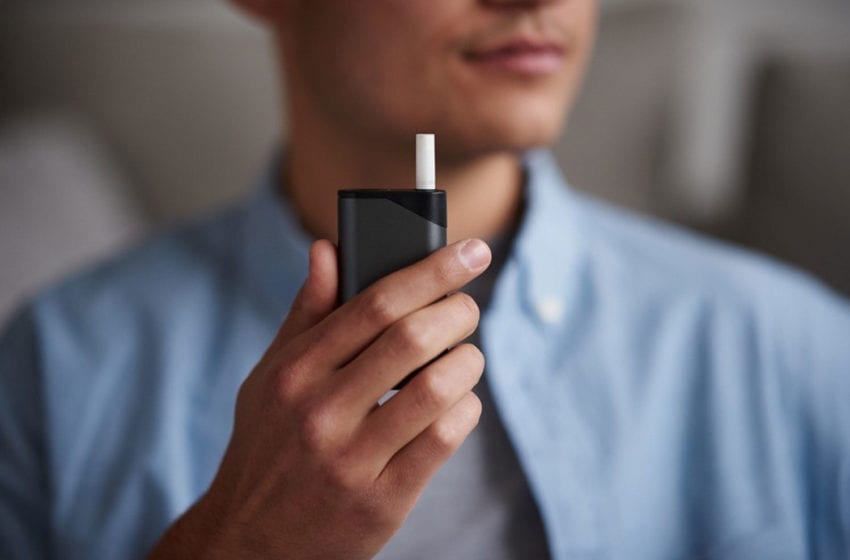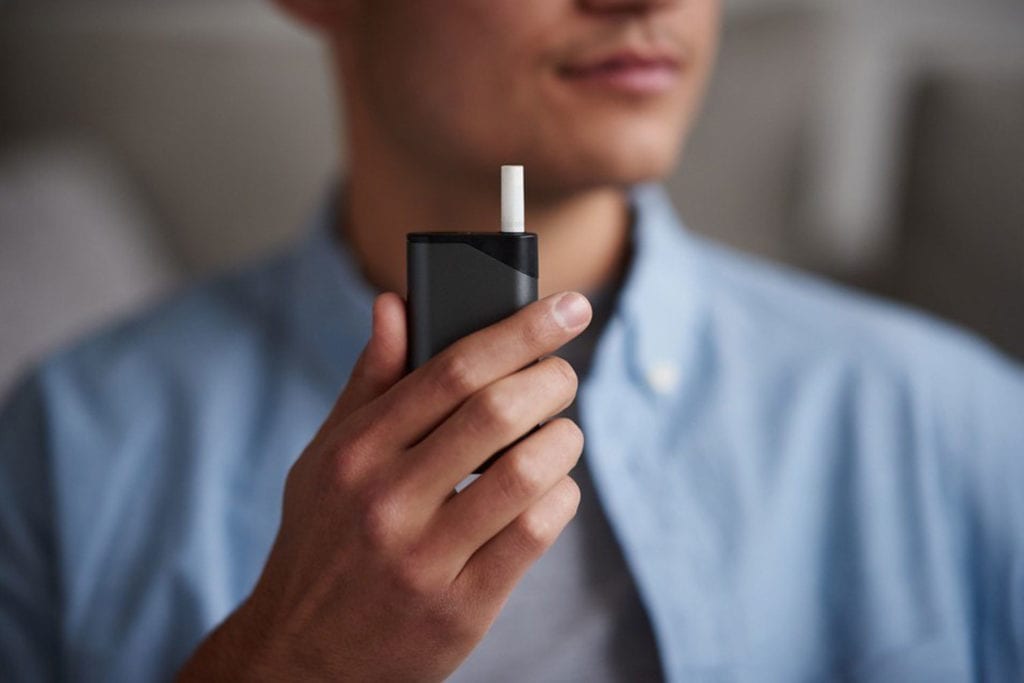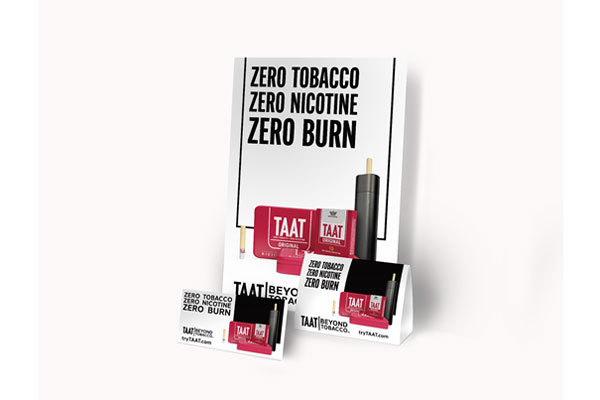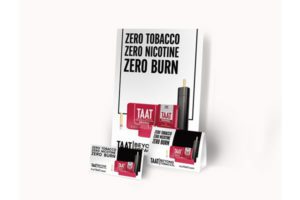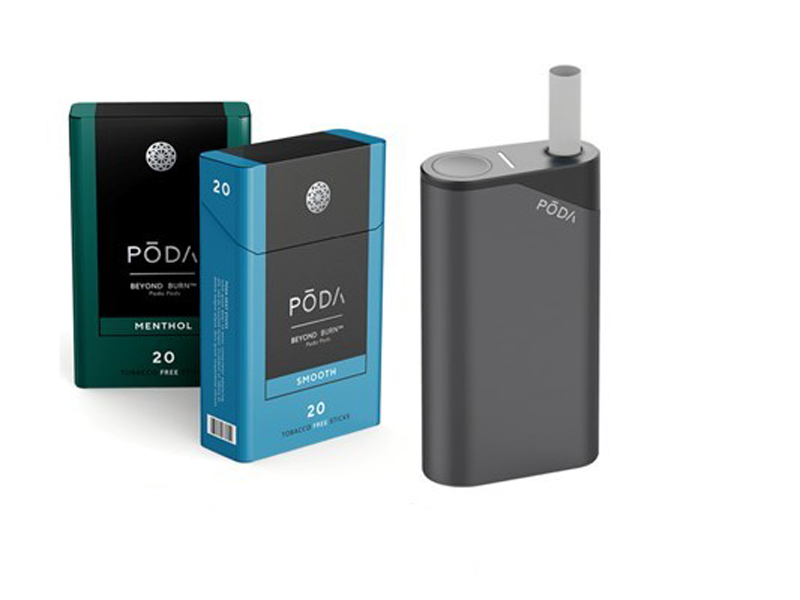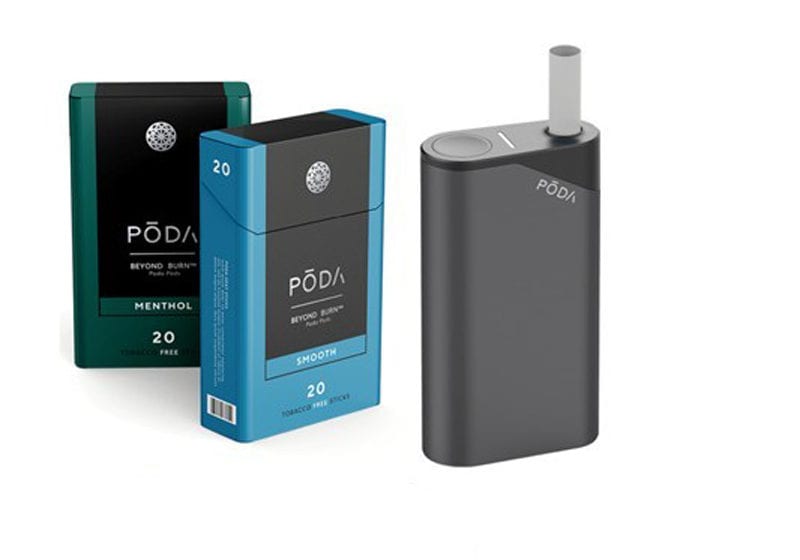
The JT Group and Altria Group, through their Japan Tobacco International and Philip Morris USA subsidiaries, have established a joint venture to market and commercialize heated-tobacco sticks (HTS) products in the U.S. with Ploom-branded devices and Marlboro-branded consumables.
The two groups also signed a long-term, nonbinding global memorandum of understanding (MOU) to explore commercial opportunities for a wide range of potentially reduced-risk products (RRP).
“As part of our strategic focus on HTS, we’re very enthusiastic to launch our Ploom brand in the U.S., the world’s largest RRP market in value, through our partnership with the market leader, Altria,” said Masamichi Terabatake, president and CEO of the JT Group’s tobacco business, in a statement.
“We also look forward to entering into a long-term strategic collaboration with Altria to further explore global commercial opportunities in the RRP category. I strongly believe that this cooperation will increase the global harm reduction possibilities for adult consumers and drive incremental value for the JT Group and Altria.”
“We are excited to begin a new partnership with JT Group, a leading international tobacco company,” said Altria CEO Billy Gifford in a statement. “We believe this relationship can accelerate harm reduction for adult smokers across the globe.”
“We believe moving beyond smoking in the U.S. requires multiple FDA-authorized products within each smoke-free category to appeal to a diverse range of adult smokers. We believe that our joint venture and pipeline of heated-tobacco products position us well to increase adoption of smoke-free products.”
The joint venture establishes a new company, Horizon Innovations, for the U.S. commercialization of current and future HTS products owned and developed by either party. Horizon will commercialize HTS products in the U.S. under the Ploom and Marlboro trademarks.
JTI will have a 25 percent economic interest in Horizon to reflect its HTS product contribution. PM USA will have a 75 percent economic interest, reflecting the company’s strong distribution network and infrastructure, as well as its initial capital contribution of $150 million to Horizon.
Subsequent capital contributions made to Horizon will be split according to the parties’ respective economic interest. JTI and PM USA will both maintain independent ownership of their respective intellectual properties, including any IP acquired after the formation of the joint venture that supports the development of future HTS products.

“I strongly believe that this cooperation will increase the global harm reduction possibilities for adult consumers and drive incremental value for the JT Group and Altria.”
Masamichi Terabatake, president and CEO, JT Group’s tobacco business
As part of the joint venture, JTI and PM USA will combine their scientific and regulatory expertise to jointly prepare U.S. Food and Drug Administration filings, including a premarket tobacco product application (PMTA) for the latest version of Ploom HTS products. The parties currently expect to submit the PMTA for these products in the first half of 2025. Upon PMTA authorization, JTI will supply HTS devices and PM USA will manufacture HTS consumables for Horizon. In addition, JTI and PM USA have agreed to commercialization milestones for Horizon, which include distribution requirements and minimum levels of cumulative marketing investments.
“By forming this JV [joint venture], we are bringing together the marketing, innovation, R&D and science capabilities that JTI has developed over the years with Altria’s science, U.S. regulatory experience and vast infrastructure to create a very strong proposition for the U.S. adult smoker,” said JTI CEO Eddy Pirard.
Separate to the JV, the JT Group and Altria also announced the mutual signing of a nonbinding MOU. Under this MOU, the parties aim to structure a strategic partnership over time to market and commercialize a wide range of potentially reduced-risk products and strengthen their shared development capabilities and geographic reach. The companies believe this collaboration will accelerate global tobacco harm reduction solutions and bring significant value to their respective businesses.
Altria’s pipeline of heated-tobacco products includes tobacco-heating product formats and new-to-market technologies. “We believe HTC products can appeal to U.S. adult smokers who are open to novel smoke-free products but have not yet found a satisfying alternative to cigarettes,” the company wrote. “This audience includes the millions of U.S. adult smokers who tried, but ultimately rejected, e-vapor products.”
Altria expects to finalize the design of its HTC platform 1 technology (HTC1) by the end of this year and then begin regulatory preparations for a PMTA submission by the end of 2024.
The company also expects to partner with JT to launch the HTC1 technology in an international test market in late 2024 or early 2025 using JT’s sales and distribution network.
Prior to the recent agreement with the JT Group, Altria terminated its noncompete agreement with Juul Labs and sold its exclusive U.S. commercialization rights for the IQOS tobacco-heating system to Philip Morris International for about $2.9 billion.



